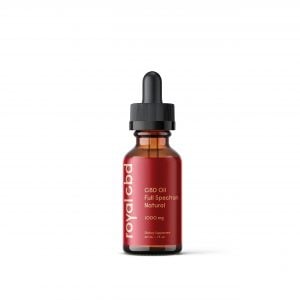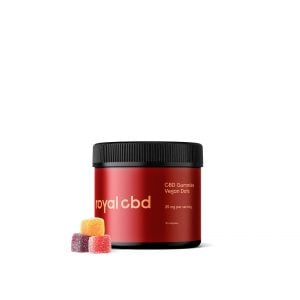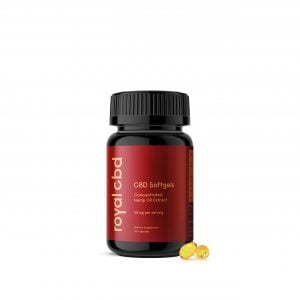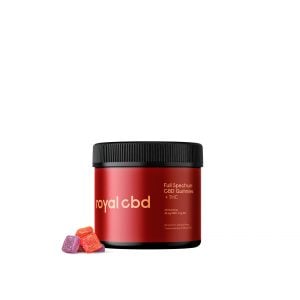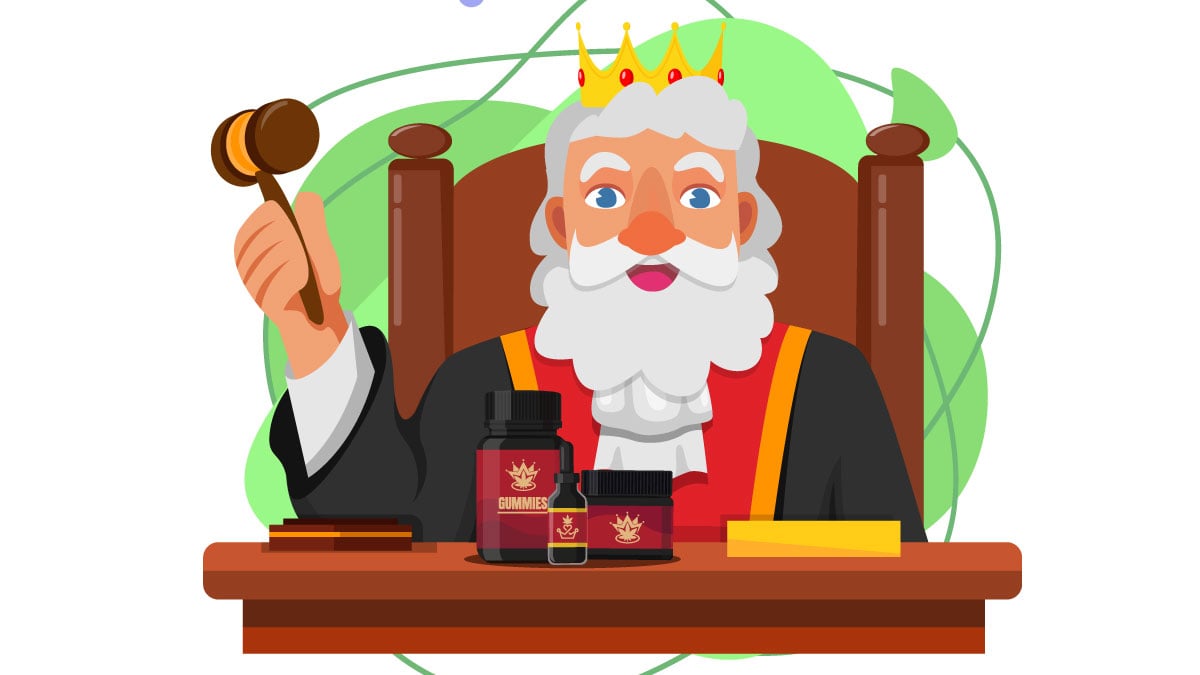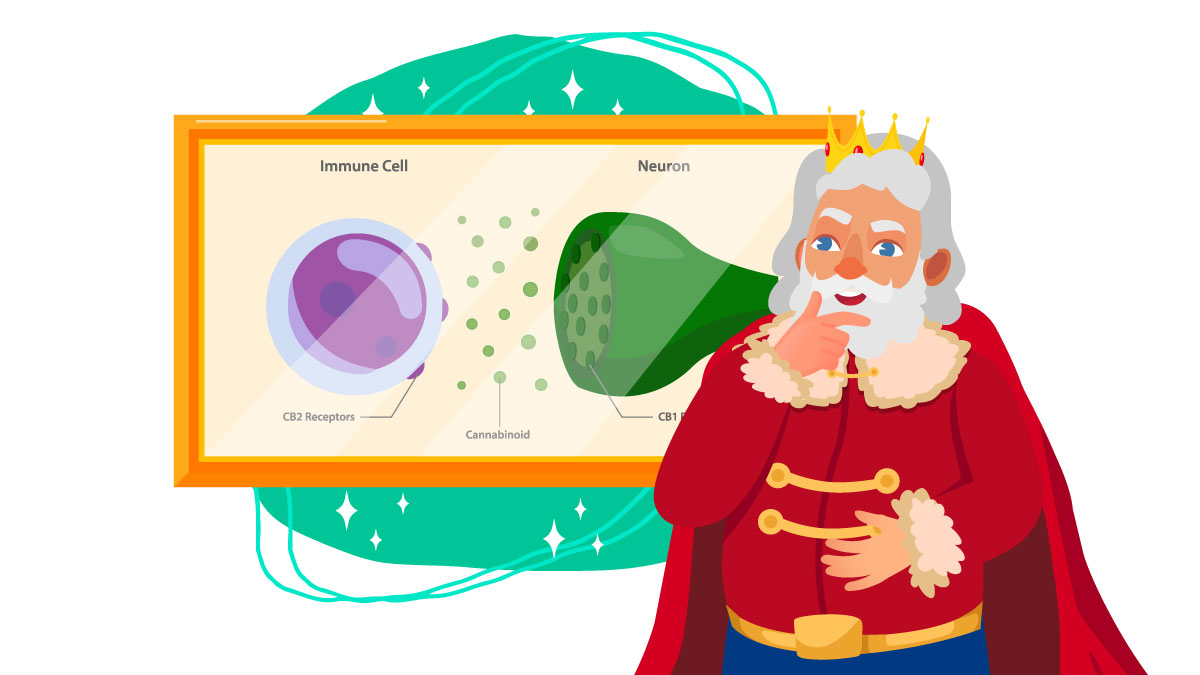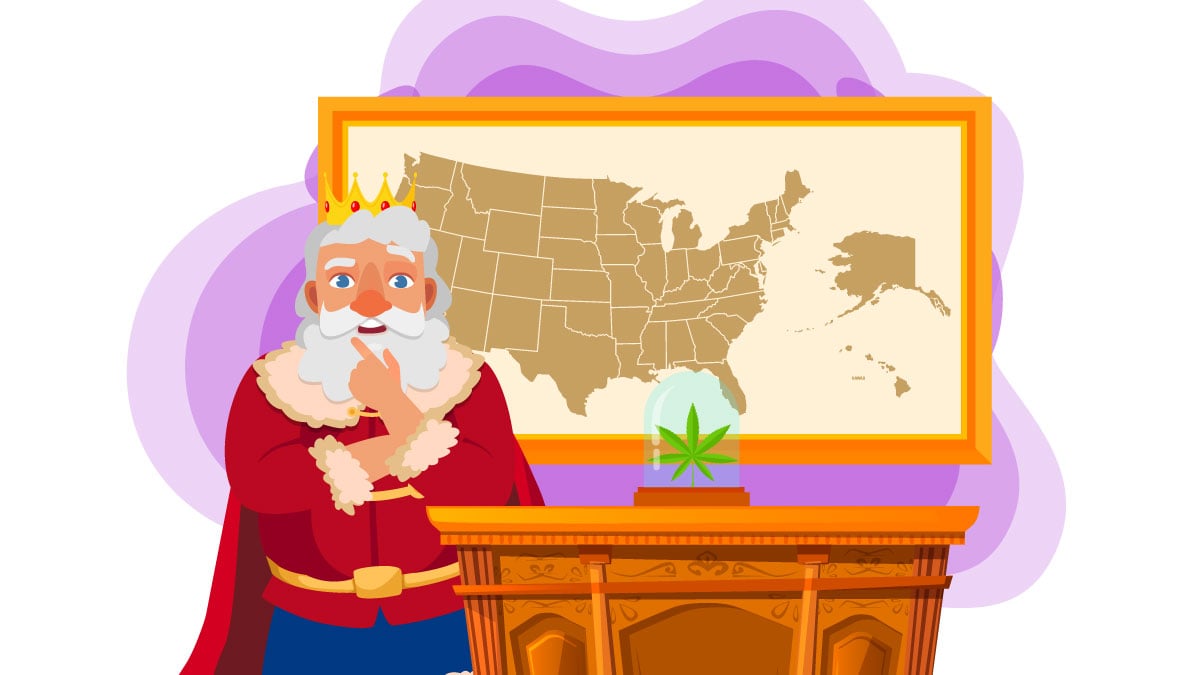In September of 2018, the Drug Enforcement Agency announced its rescheduling of Epidiolex, a CBD-based drug from medical marijuana with no more than 0.1% of THC.
This was further followed by President Trump signing the Hemp Farming Act (also known as the 2018 Farm Bill) that fostered greater investment in the already rapidly growing industry.
There are still a lot of misconceptions floating around regarding the legal status of CBD in the United States.
Is CBD legal?
We’re not lawyers or legal experts — meaning you shouldn’t take this article as legal advice. However, we’ve done our best to provide you with the most accurate information on the legal status of cannabidiol in the USA.
In this article, we’ll cover the current laws surrounding federal and state regulations of marijuana and CBD supplements — including its contradictions.
We’ll also cover the future of CBD based on past cases involving other (similar) natural health products.
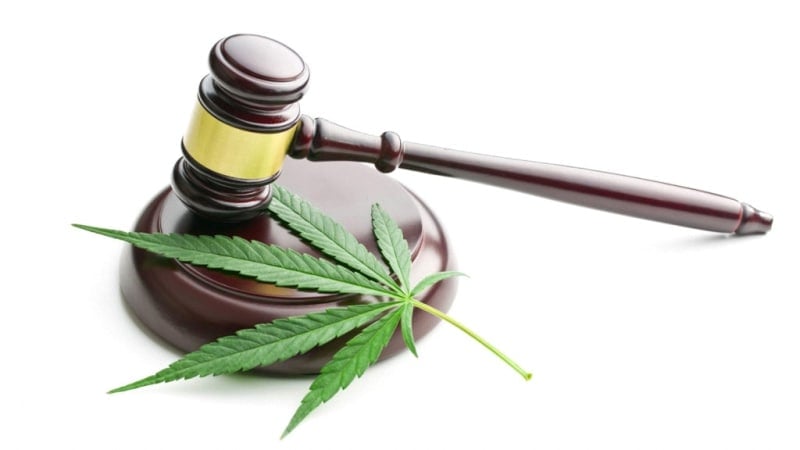
What is the Legal Status of Cannabidiol in 2020?
As we speak, cannabidiol remains in the Schedule I of the Controlled Substances Act (CSA) — meaning it has no accepted medical use and carries a “high potential for abuse”.
However, this only applies to the cannabidiol sourced from marijuana plants, which also contains significant amounts of THC — the psychoactive compound in cannabis.
According to the 2018 Farm Bill, CBD from industrial hemp is excluded from the CSA and thus has recently become legal on the federal level.
Companies are now allowed to grow, manufacture, sell, and transport hemp and CBD-rich hemp products across the states as long as they meet certain guidelines.
CBD from Hemp vs. Marijuana: Is There a Legal Catch?
Hemp and marijuana are both members of the Cannabis plant family, and both can yield an abundance of CBD.
Being the same species, hemp and marijuana are similar on many levels; inexperienced CBD users often confuse these two plants due to their visual similarities.
But at a chemical level, hemp and marijuana have striking differences.
While hemp is known to produce almost no THC (less than 0.3%), marijuana comes with an abundance of this psychoactive compound —reaching up to 30% of its dried weight.
Unless bred for specific purposes, marijuana typically comes with lower concentrations of CBD than hemp, which strengthens its mind-altering effects and is the main reason why marijuana remains federally illegal in the United States and many other countries.
Now that you’re familiar with the basic differences between hemp and marijuana, it’s time we elaborated on the legal status of cannabidiol depending on the source.
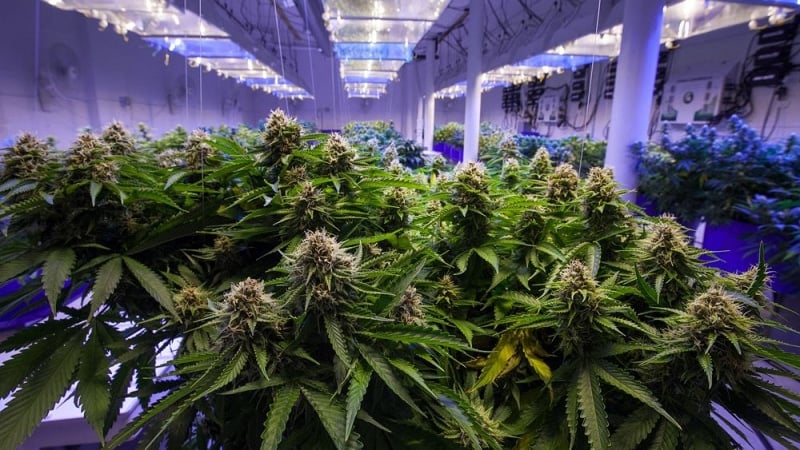
Legal Status of CBD Derived from Marijuana
CBD can be extracted from marijuana plants just as it can be extracted from hemp.
Some marijuana strains are bred to have high CBD concentrations — however, the THC content can vary dramatically, often exceeding the legal 0.3% limit.
In fact, the THC levels in marijuana can be as high as its CBD content.
Therefore, the problem with medical marijuana is that it’s not legal everywhere. In the United States, there’s a striking contradiction between the federal and state laws regarding marijuana-derived CBD.
Federal Marijuana Laws
Marijuana is listed in the Schedule I category of the Controlled Substances Act.
Despite having been legalized in 10 US states for medical and recreational purposes — and contrary to what modern science says about the benefits and risks of using cannabis — the possession, use, sales, and transportation of marijuana are considered a federal offense.
As the 2020 elections are coming closer, more candidates than ever are pulling out the federal legalization card, which may become the main subject of debates among politicians from both Democrats and Republicans. It looks that the legal status of cannabidiol may soon change again in favor of marijuana advocates.
State Marijuana Laws
As of 2020, there are 10 US states where Cannabis, including marijuana and hemp, are legal for medicinal and recreational use.
A total of 47 states have legalized marijuana-derived CBD only for medicinal purposes. The qualifying conditions may vary by state; some states are very liberal about the medical use of cannabidiol while others permit this compound only under highly specific circumstances (like an approved medical diagnosis).
Three states have taken a strong stance against marijuana-derived CB — Idaho, Nebraska, and South Dacota. Even hemp-derived cannabidiol is stuck in a legal grey area in those particular states.
Where is Marijuana-Derived CBD Legal?
States with regulations that permit the use of marijuana-derived CBD for recreational and medicinal use:
- Alaska
- California
- Colorado
- Maine
- Massachusetts
- Michigan
- Nevada
- Oregon
- Vermont
- Washington
- Washington DC
States that allow the medicinal use of marijuana-derived CBD for a broad range of conditions:
- Alaska
- Arizona
- Arkansas
- California
- Colorado
- Connecticut
- Delaware
- Florida
- Hawaii
- Illinois
- Maine
- Maryland
- Massachusetts
- Michigan
- Minnesota
- Montana
- Nevada
- New Hampshire
- New Jersey
- New Mexico
- New York
- North Dakota
- Ohio
- Oregon
- Pennsylvania
- Rhode Island
- Vermont
- Washington
- West Virginia
States with regulations that permit the use of CBD from marijuana under certain circumstances:
- Alabama
- Georgia
- Indiana
- Iowa
- Kentucky
- Mississippi
- Missouri
- North Carolina
- Oklahoma
- South Carolina
- Tennessee
- Texas
- Utah
- Virginia
- Wisconsin
- Wyoming
The regulations for the majority of these states require patients to apply for a medical marijuana card prior to purchasing marijuana-derived CBD. These requirements vary depending on individual state laws.
States Where CBD from Marijuana is Banned (Regardless of the Purpose)
As mentioned, some states have a particularly hostile attitude toward marijuana.
Marijuana-derived CBD is strictly prohibited in the following states:
- Idaho
- Nebraska
- South Dakota
If you live in one of these states, you must turn to the hemp-derived CBD for relief from your ailments.
Speaking of which…
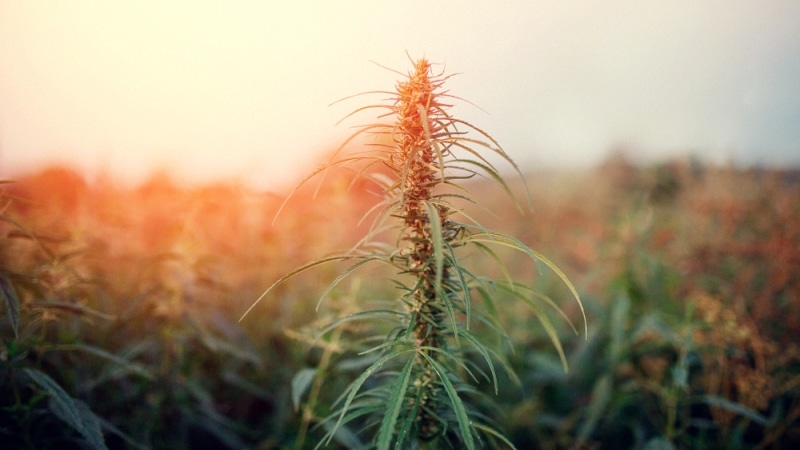
Legal Status of CBD Derived from Industrial Hemp
Is CBD from hemp federally legal?
Short answer: yes, as long as it’s produced within the regulations defined by the US law.
Until 2018, hemp-derived CBD was caught in a legal grey-area. The 2014 Farm Bill legalized the use of hemp for industrial and research purposes, but the commercial sales of hemp-derived CBD products were still prohibited.
There was a legal loophole allowing companies to sell hemp products obtained from the seeds and stalks of industrial hemp, which many businesses used as an argument for selling CBD oil despite its unclear legal status.
Needless to say, there’s little to no CBD in the stalks, let alone the seeds, which are completely void of cannabinoids.
Things changed when President Trump passed the Agricultural Improvement Act of 2018 (also known as the 2018 Farm Bill) — which we’ll discuss in the section below.
Farm Bill 2018
The 2018 Farm Bill removed hemp as a Schedule I substance and classified it as an “agricultural commodity.”
A common misconception about the 2018 Farm Bill is that it reclassified CBD regardless of its source. This is not true.
Based on the DEA guidance, CBD from marijuana is still a Schedule I substance and remains federally illegal.
If, however, the CBD in question comes from hemp plants and stays compliant with the following regulations set by the new Farm Bill, it doesn’t fall under the Controlled Substances Act:
- The hemp must have less than 0.3% of THC
- The hemp must follow the shared state-federal regulations
- The hemp must be grown by licensed growers
On top of that, the 2018 Farm Bill also allowed the sales, transportation, and possession of hemp-derived CBD products and removed restrictions on their transportation across state lines as long as the products adhere to the guidelines defined above.
The Future of Cannabidiol: Full-Spectrum Extracts vs. Isolates
There’s still much to be done in terms of clarifying the legal status of CBD in the United States.
Prior to the approval of Epidiolex, the FDA explicitly stated that CBD cannot classify as a dietary supplement because CBD is no longer an Investigational New Drug (IND) under the Food, Drug and Cosmetic Act (FD&C Act); it’s an approved one.
As a result, pure CBD cannot be defined as a dietary supplement.
This situation isn’t anything novel. In a similar case, a pharmaceutical company Biostratum requested the FDA to draw consequences against manufacturers of high-pyridoxamine dietary supplements because Biostratum had issued an IND application for pyridoxamine dihydrochloride.
As a result, products containing pyridoxamine can only be sold by pharmaceutical companies as a drug.
Another similar precedent took place in April 1997, when another company, Pharmanex, was advised by the FDA that their product, Cholestin, was a drug — not a dietary supplement.
Cholestin was high in Mevinolin, a constituent of red yeast rice that has been shown to lower cholesterol levels. Mevinolin has a chemical structure identical to lovastatin, an FDA-approved drug produced by Merck.
The FDA found Cholestin was manufactured with levels of lovastatin exceeding traditional red yeast rice products, and thus the product was more like a drug than a dietary supplement.
The vast majority of hemp-based products are full-spectrum extracts with concentrations by weight of CBD rarely exceeding 15%, as compared to Epidolex, which consists of 99% CBD.
Given the above precedents, it’s possible that the FDA will impose restrictions on the classification of products infused with isolated CBD but not hemp extracts that contain naturally occurring levels of cannabidiol.
Conclusion
The current legal status of CBD is still evolving, particularly when it comes to its regulations vis-a-vis the CSA and its status under the FD&C Act.
There is, indeed, the need to reclassify cannabis as a whole on the federal level if we want to clarify the legality of CBD once and for all. For now, you can freely use CBD products as long as they come from industrial hemp and contain less than 0.3% THC.
If you want to buy marijuana-derived CBD, you must live in a state or country which allows the recreational or medical use of marijuana.
Outside of the United States, the legal status of cannabidiol is more confusing. Since cannabis laws can vary for each country, we suggest that you reach out to your country’s justice department for detailed information.
We hope this guide has helped you get a better understanding of this complex subject. As always, we strongly encourage you to do your own research on CBD and its potential benefits because we believe that well-informed customers are happy customers.
Is CBD legal where you live?
